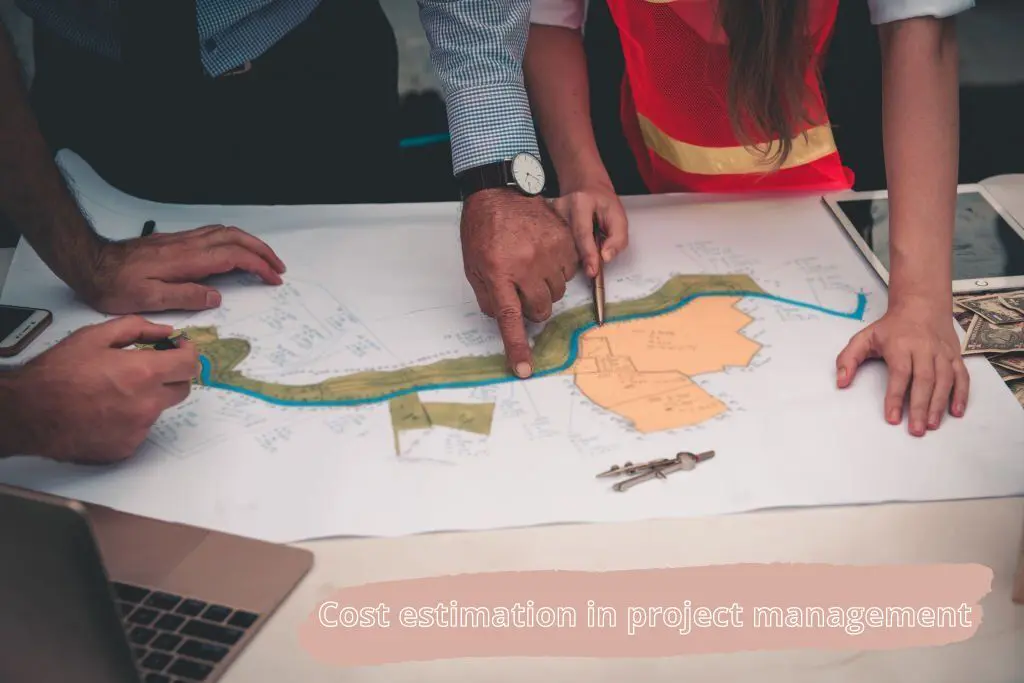Project managers are essential in many organizations because they oversee the whole project lifecycle, from conception to completion. At all stages of the project life cycle, project managers are accountable for a wide range of duties that are crucial to the success of the project. Obviously, the whole project life cycle must be considered.
The success of a project is largely dependent on its planning phase, which establishes time and other constraints for its completion. The project’s scope, timeline, and money are crucial factors to consider. Budget management is an integral element of a project manager’s responsibilities, since the budget influences almost every aspect of the project.
Unrealistic targets, ineffective resource use, and project failure may all come from a budget that is inadequately constructed. In fact, a project’s success or failure is directly proportional to how effectively its budget is planned. The cost estimate, which is used to develop a realistic financial plan, is one of the most important tools a project manager has at his or her disposal.
Cost Estimation in Project Management
Project managers use cost estimates to determine the total amount of money that will be required to accomplish a project on schedule and within budget. It is typical practice to use approximate estimates throughout the early stages of project planning, and these estimates may frequently impact whether or not the project is completed.
To ensure that the appropriate resources are allocated when a project is approved and the firm chooses to go forward, more accurate and exhaustive cost estimates are necessary. To arrive at a suitable final price, your estimate must incorporate both direct and indirect charges.
A project’s success is contingent upon the availability of pricey materials and manpower. Developing a budget that reduces costs while increasing the project’s scope and quality may be challenging. This highlights the importance of having an accurate cost estimate.
A crucial feature of project management is estimating the amount of money and other resources necessary to complete a project within a certain timeframe. A preliminary estimate of the labor and material costs required to complete a project.
If a business must decide whether or not to continue with a project, a rough estimate of the associated costs may be beneficial.If projected costs are too high, the company may decide to reduce the project’s scope (it is also required to begin securing funding for the project). The cost estimate is used to monitor project costs to ensure they remain under budget after work has commenced.
Elements of cost estimation in project management
The approach for analyzing expenditures is separated into two basic categories:
Direct expenses are those associated with a specific team or project. Direct expenditures include equipment, consumables, and routine labor. Included in indirect costs are utilities and quality assurance expenses. The following are examples of the most common cost reduction strategies from these two primary categories:
- The labor of a team member is the total of their time and monetary contributions to the project.
- The word “facilities” refers to the expenses made by a business as a consequence of its use of non-owned sites.
- Costs associated with subcontracting labor or procuring goods from other sources. The expense associated with executing contingency plans.
Importance of cost estimation
The skill of a project manager to accurately predict expenses is crucial to the achievement of any objective. Before beginning a project, it is essential to understand cost estimation so that you can remain within budget and recognise when the project has reached its limits. If they want to be successful, project managers must strictly adhere to three rules: time, scope, and budget.
In organizations where constraint management is an art form, project managers must have specialized skills in this area. Nobody wants to work with someone who routinely exceeds their budget. How can you guarantee that your initiatives remain inside their budget?
Learn how to accurately predict your expenditures. The cost estimate supports you in achieving your objectives within the budgetary constraints imposed by executives and other key stakeholders.
One of the criteria for successful development is the formulation of precise project specifications, followed by an accurate cost estimate. Consider the following tips if you want to understand more about how cost estimation impacts meeting client expectations and guaranteeing the success of a project.
To have an ideal cost estimation for your project do consult sma estimating. They guarantee to help you save your time and money. They deliver a comprehensive range of cost estimations to make your construction process easy.

